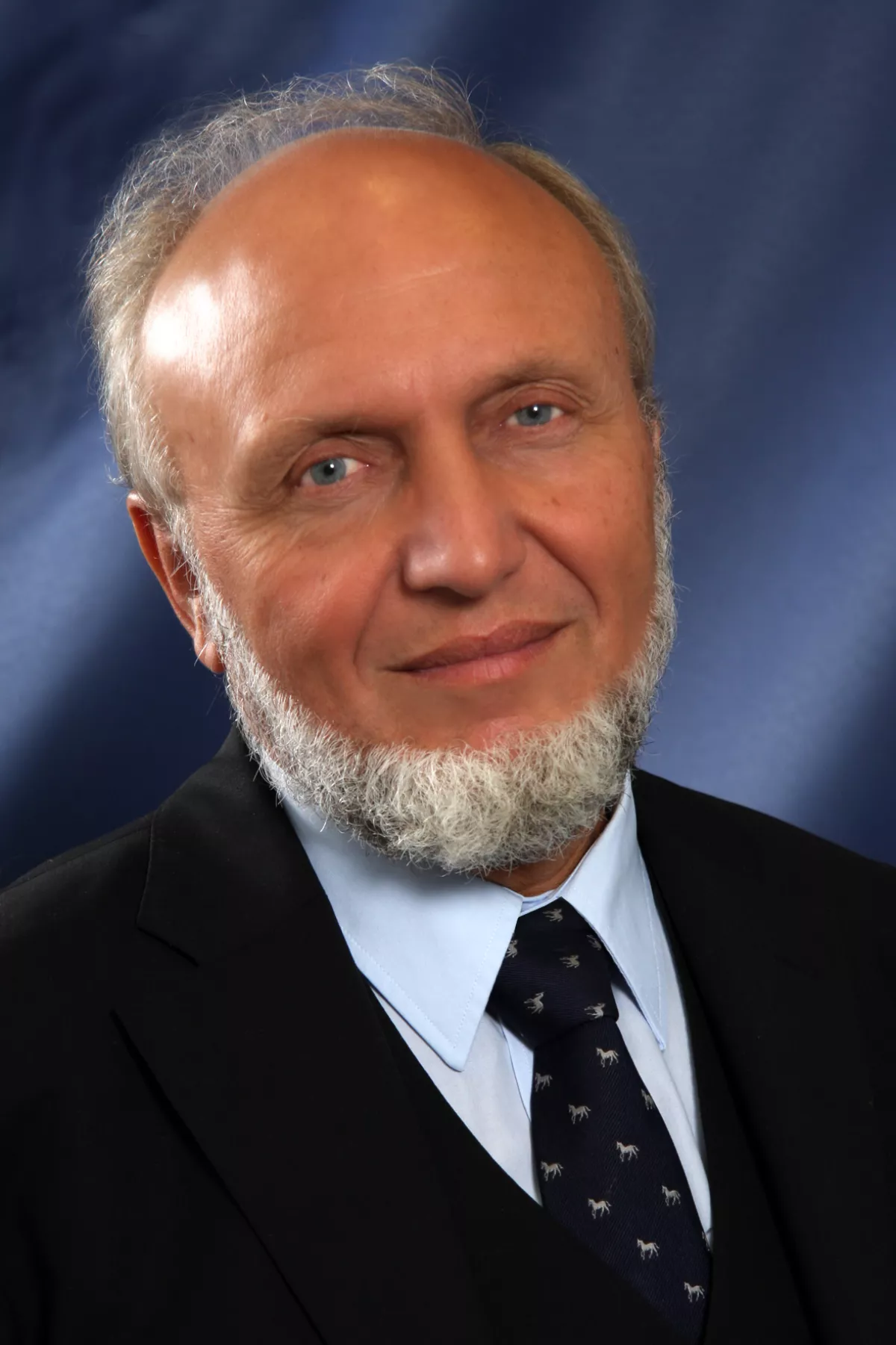 1.
1. Hans-Werner Sinn was born on 7 March 1948 and is a German economist who served as President of the Ifo Institute for Economic Research from 1999 to 2016.

 1.
1. Hans-Werner Sinn was born on 7 March 1948 and is a German economist who served as President of the Ifo Institute for Economic Research from 1999 to 2016.
Hans-Werner Sinn currently serves on the German ministry of economy's advisory council.
Hans-Werner Sinn is Professor Emeritus of Economics and Public Finance at the University of Munich.
Since 1984 Hans-Werner Sinn has been full professor in the faculty of economics at the University of Munich, first holding the chair for economics and insurance, and from 1994 the chair for economics and public finance.
From 1 February 1999 to 31 March 2016, Hans-Werner Sinn was president of the Ifo Institute for Economic Research.
From 1997 to 2000 Hans-Werner Sinn headed the Verein fur Socialpolitik, the association of German-speaking economists.
Hans-Werner Sinn reformed the Verein fur Socialpolitik and actively promoted the internationalization of economic science in the German-speaking countries.
Hans-Werner Sinn is fellow of the National Bureau of Economic Research in Cambridge, Massachusetts, and was the first German-speaking economist to deliver the Yrjo Jahnsson Lectures in Helsinki and the Tinbergen Lectures in Amsterdam.
Hans-Werner Sinn topped a ranking of German economist provided by the Frankfurter Allgemeine Zeitung in 2013,2014 and 2015.
Hans-Werner Sinn has published 85 scholarly articles in refereed journals including the American Economic Review, the Quarterly Journal of Economics, the Journal of Monetary Economics and the Journal of Public Economics.
Hans-Werner Sinn wrote 36 scholarly articles for refereed conference volumes, 23 scholarly comments for refereed journals and conference volumes, and about 200 academic policy papers in various outlets.
Hans-Werner Sinn authored 11 refereed scholarly monographs and 10 non-refereed scholarly monographs.
Hans-Werner Sinn is a regular contributor to Project Syndicate since 2002.
Since 1989 Hans-Werner Sinn has served on the Advisory Council of the German Ministry of Economics, and represented the Free State of Bavaria on the Board of Supervisors of HypoVereinsbank for ten years.
Hans-Werner Sinn made a name for himself with his dissertation "Okonomische Entscheidungen bei Ungewissheit", published in English as "Economic Decisions under Uncertainty", with numerous spin-off articles.
Hans-Werner Sinn has published numerous studies on the theory of economic cycles, environmental economics, foreign trade issues, including ones on the so-called asset approach and on the micro foundations of a model of temporary general equilibrium.
Hans-Werner Sinn was the first economist to formulate the central-planning model of economic growth in the tradition of Robert Solow as a general equilibrium model with decentrally optimizing agents and market clearing conditions in an article published in German in 1980 and two years later in English, and before similar work by Chamley in 1981 and Abel and Blanchard in 1983.
Recently Hans-Werner Sinn has turned to the problem of the global warming in an article "Public Policies against Global Warming" and in his book "Das grune Paradoxon".
Hans-Werner Sinn has criticised the employment-restricting effects of the German wage replacement system.
Hans-Werner Sinn has called the German economy a "bazaar economy" because the share of input from abroad in German industrial production is on the increase.
Hans-Werner Sinn accuses the Greens of pursuing environmental protection policies with unsuitable means and of ignoring the economic laws of the European emissions trading system as well as the worldwide market for fossil fuel.
Hans-Werner Sinn favours employing a withholding tax on the yields of financial investments to curb the desire of the resource providers to extract more fossil fuels.
Hans-Werner Sinn subsequently published his views in the press and specialized websites, followed by a working paper that analyzed the issue in detail.
Hans-Werner Sinn discussed Germany's capital exports since the introduction of the euro and the prospects such exports could face if the euro crisis continues and leads to the introduction of Eurobonds, which he opposes.
Whelan in turn was accused by Frank Westermann of seriously misquoting Hans-Werner Sinn, while repeating basically Hans-Werner Sinn's own findings with his own words.
In July 2012, Hans-Werner Sinn was one of the eventually more than 270 signatories of an open letter written by Walter Kramer of the Technical University of Dortmund against Chancellor Angela Merkel's Brussels agreement on direct recapitalization for ailing European banks.
The "momentous tiff", as The Economist dubbed it, has in the meantime become more nuanced, with Kramer and Hans-Werner Sinn publishing a more muted version in which they endorsed a banking union based on the bail-in principle.
Hans-Werner Sinn joined Heinemann and Kramer in publishing a joint appeal on the issue in Plenum der Okonomen, an internet forum of German professional economists.